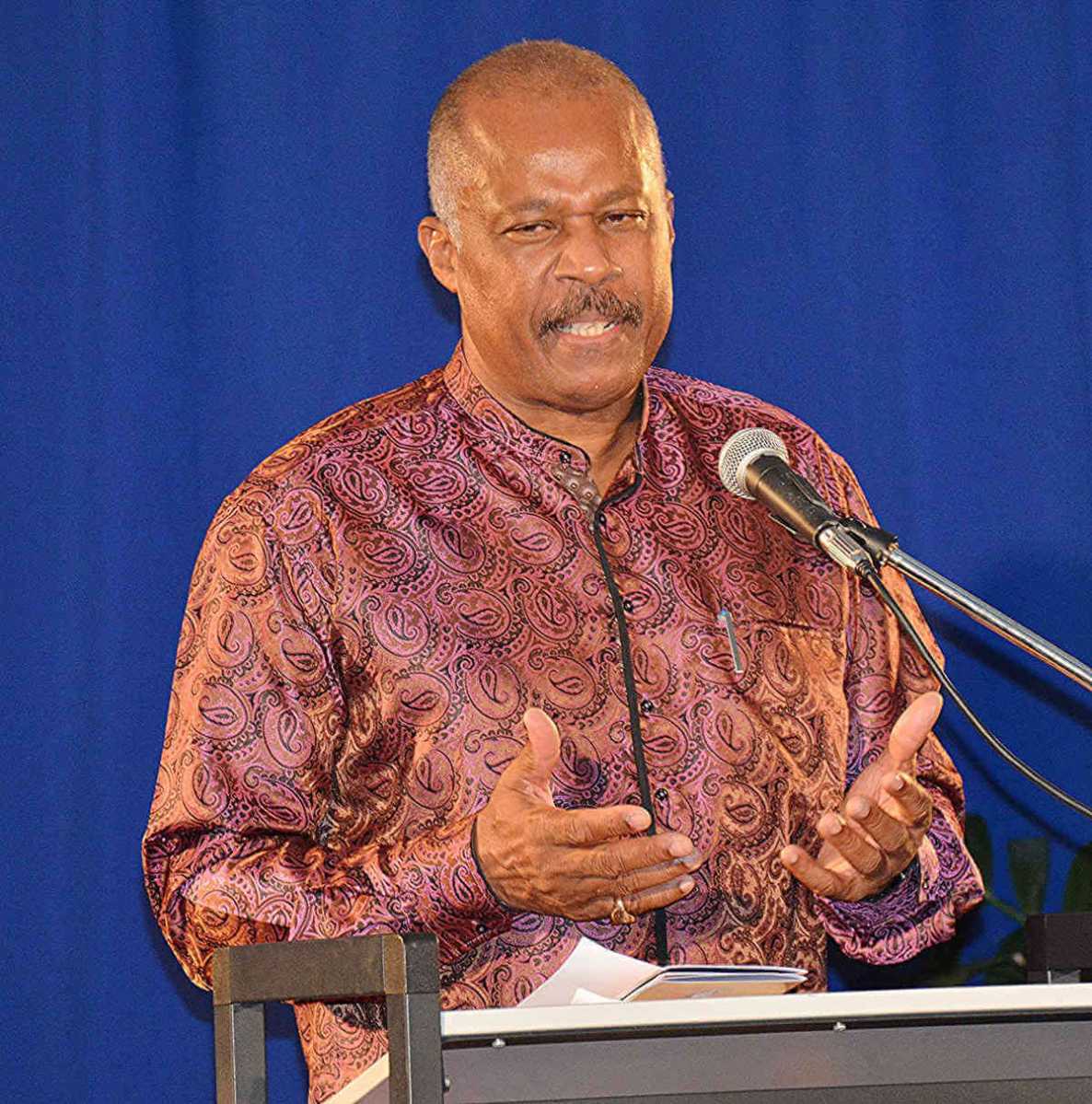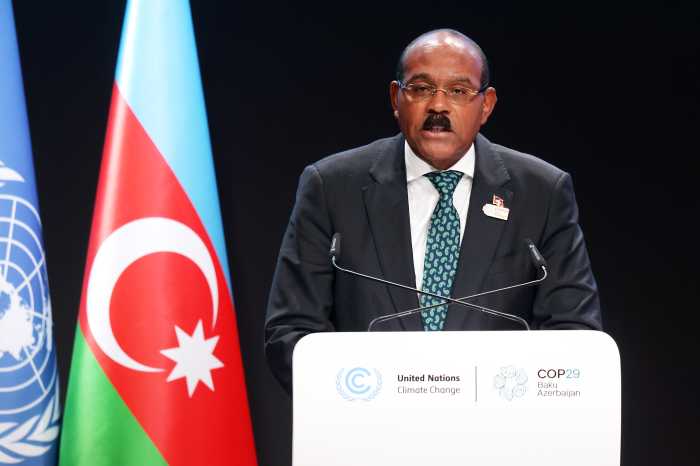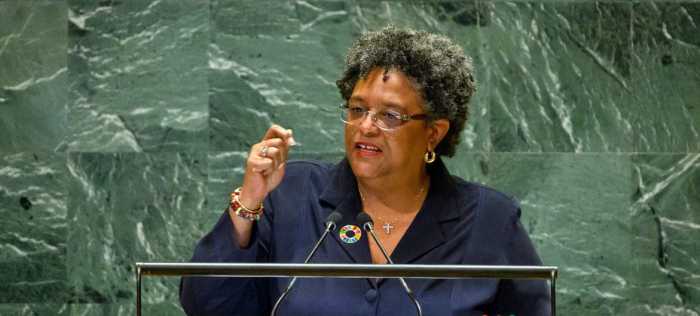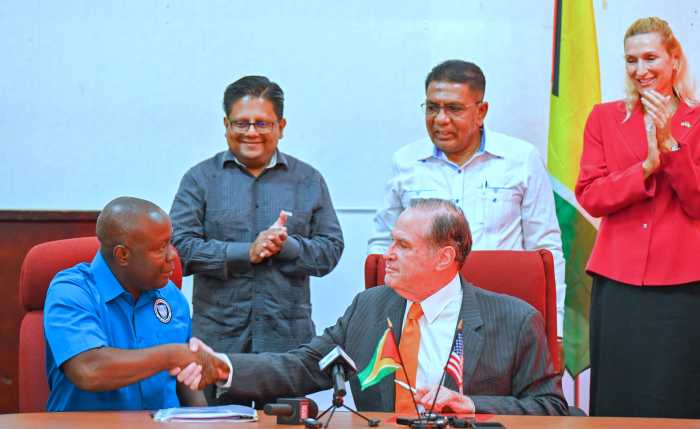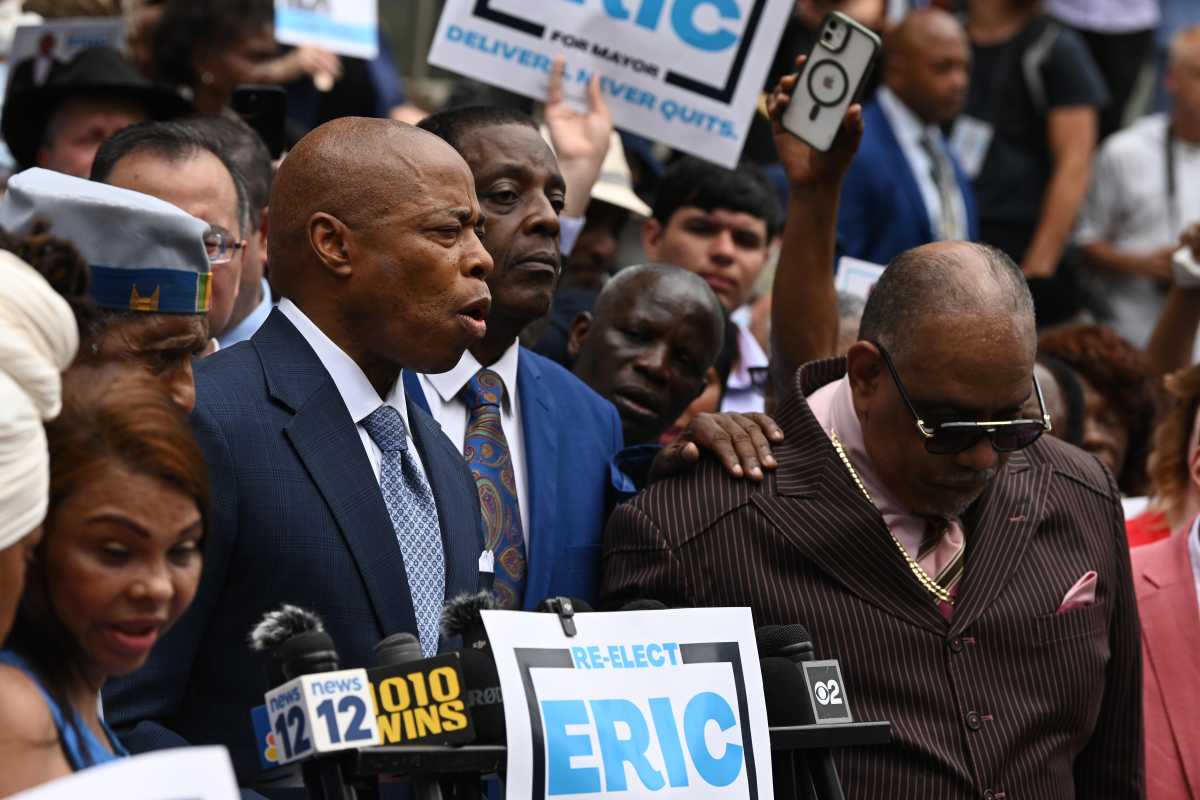A BBC news anchor whose family had owned slaves in Grenada and who along with other family members had just recently apologized for their family’s role in slavery has quit the organization to become a reparations advocate.
Laura Trevelyan, who had spent about 30 years with the world-renowned broadcaster announced her unsurprising departure via social media on Tuesday, saying “a new chapter is starting for me. After 30 incredible years at the BBC, I’m leaving tomorrow — to join the growing movement for reparatory justice for the Caribbean.”
Her departure comes just three weeks after she and other family members had traveled to the Eastern Caribbean tourism paradise to participate in the apologies ceremony that was done in collaboration with the umbrella Caribbean Reparations Commission led by Chairman Sir Hilary Beckles.
The Trevelyan family had owned more than 1,000 slaves at various plantations in Grenada during the 19th century. Apart from the apology, she individually donated Sterling 100,000 to a special education fund to be used by the University of the West Indies.
Seven family members had traveled with her to read and sign the apology document. In total, 104 descendants of owners and part owners of plantations had also affixed signatures.
“To the people of Grenada, we, the undersigned, write to apologize for the actions of our ancestors in holding your ancestors in slavery,” she said. The document was handed to Prime Minister Dickon Mitchell and later handed over to the reparations commission.
It is unclear what exact role she will play in the fight to make her own native Britain and other European nations pay compensation for making Africans work on sugar, tobacco and other plantations in the Caribbean and Americas for free.
Regional governments have long been calling for a summit with Europe to discuss the issue but have complained about receiving a lukewarm response to the idea.
In late December, The Dutch government issued a formal apology for its role in the brutal slave trade. The CRC had identified The Dutch as the country which perhaps had benefited most from slavery, was the most organized and among the most cruel of slave masters. Prime Minister Mark Rutte had said that the apology was just a first step in Dutch plans, leaving the door open to further engagement.
Sir Hilary, meanwhile, had hailed the Trevelyan family move as significant. “These are developments that are transforming the world. These are developments that require courage and commitment to look into your history, your past and recognize that a crime had been committed. A crime that has led to your own enrichment and privilege and being able to say this was wrong. It was inhumane.”


